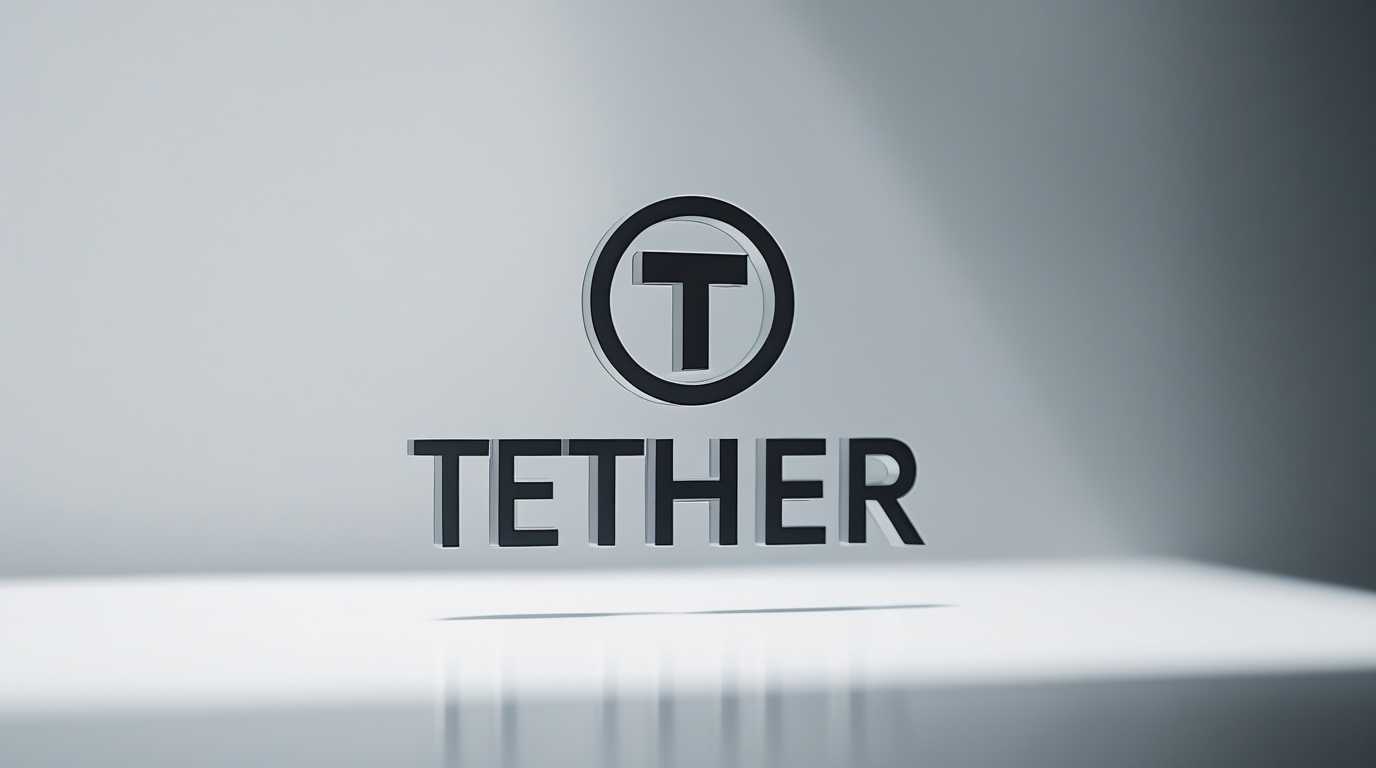- Kirsten Gillibrand showed leadership to sponsor a bipartisan-backed bill legislating stablecoin in defiance of Senator Elizabeth Warren’s opposition.
- Millions of dollars spent by crypto-backed PACs like Fairshake were spent to campaign for pro-crypto politicians like Bernie Moreno and Ruben Gallego and secure influential positions on the Senate Banking Committee.
- The stablecoin bill requiring one-to-one reserves for privately issued stablecoins puts regulatory eyes on them while turning them more into a payment system than a bank account
New York Senator Kirsten Gillibrand is now an outspoken crypto stablecoin bill champion in the Congressional halls, leveraging her rising profile to advance pro-industry regulations. She was instrumental in moving a bill that would oversee dollar-pegged stablecoins through the ranks.
The bill just cleared a critical Senate Banking Committee vote with five Democratic senators voting for it against the opposition of Senator Elizabeth Warren. Republican Senator Cynthia Lummis, a veteran cryptocurrency supporter, credited Kirsten for making the advances possible by using bipartisan methods.
For decades, the cryptocurrency sector struggled to overcome resistance from influential people such as former Banking Committee chairman Sherrod Brown, who prevented pro-crypto legislation. However, crypto-supported political action committees (PACs) have counteracted this by spending millions to elect officials against anti-cryptocurrency politicians.
Fairshake PAC, a prominent crypto ally, spent $40 million to oust Brown and vote in Republican blockchain businessman Bernie Moreno. Arizona Democratic Senator Ruben Gallego also picked up crypto industry support, and both Moreno and he now sit on the Banking Committee, where they believe helped advance the stablecoin bill.
Crypto’s Growing Political Influence
Crypto’s role in politics continues to expand as Fairshake PAC launched a $116 million election fund for the 2025 elections. Kirsten has also stood by her position, expressing that there are necessary clear-cut regulations to ward off fraud and financial crashes, citing the case of FTX.
She has been in tight collaboration with Republican Tim Scott, Banking Committee chairman, and allied with Cynthia Lummis in backing pro-crypto candidates. In spite of this, Warren still pushes back against the industry, contending that crypto donations are affecting lawmakers. Critics such as Jeff Hauser assert that Democrats are uncomfortable with the money coming into campaigns.
Kirsten, however, refutes that money influences votes, asserting that senators do not take kindly to political pressure. In the meantime, large financial institutions such as Visa, PayPal, and Stripe have invested in stablecoin projects, further embedding them in mainstream finance.
The stablecoin sector is also growing very fast to a supply level of $214 billion, and an annual turnover of $35 trillion—twice the level of Visa’s payment network. Ethereum is still the dominant blockchain for stablecoins, with a 55% market share.
The Stablecoin Bill’s Impact
The stablecoin bill Kirsten introduced would make all privately issued stablecoins hold one-to-one reserves, backing them with extremely liquid assets such as short-term government debt. Regulation would be from either federal or state regulators, with the Federal Reserve having a responsibility to ensure against risks such as bank runs.
Kirsten maintains stablecoins should operate as a payment system like gift cards or traveler’s checks, but not like normal bank accounts. She wants clear rules that support new ideas without harming the economy.
Also Read : Binance Begins their 1st Token Vote for MUBARAK and Broccoli



